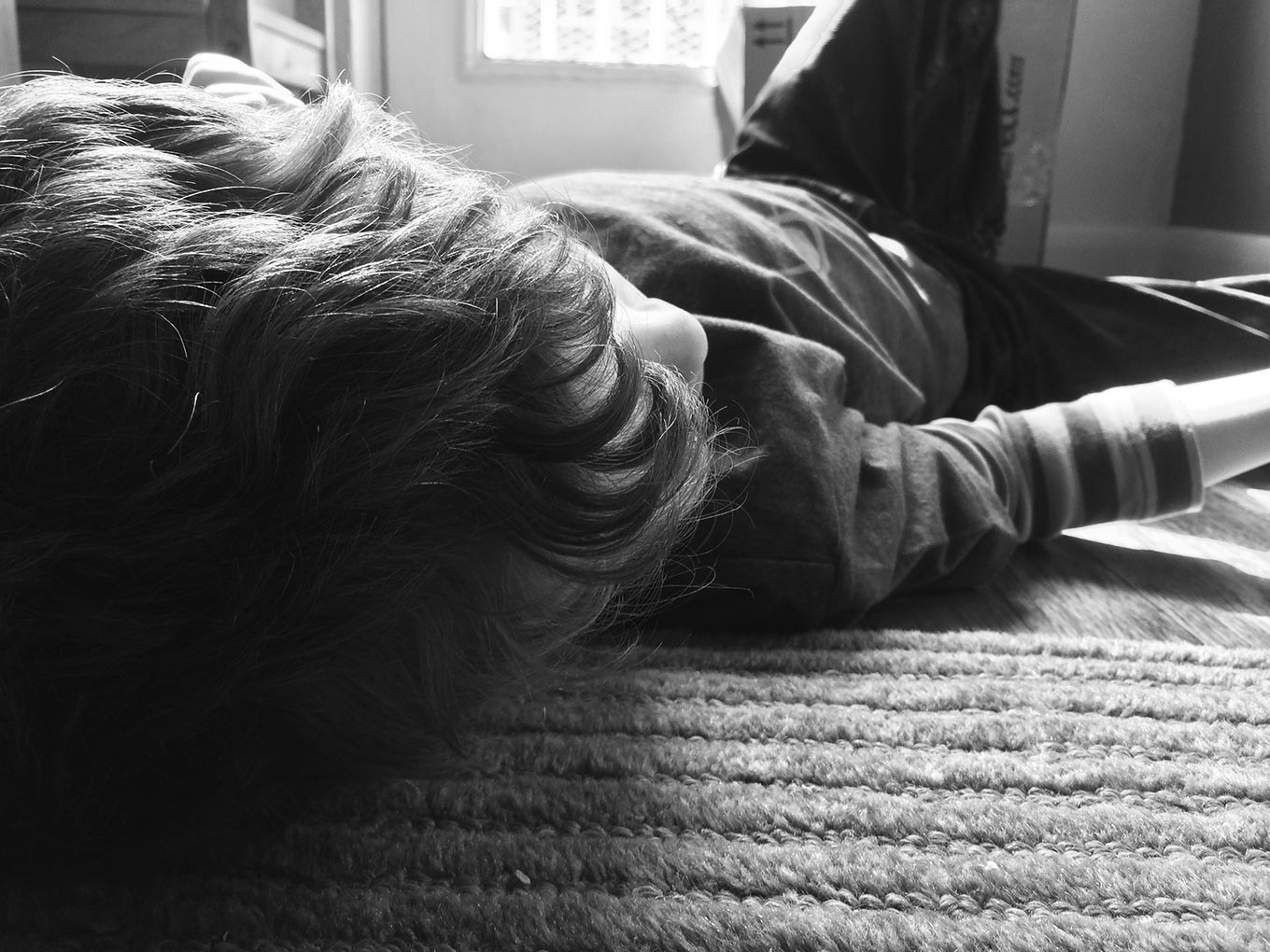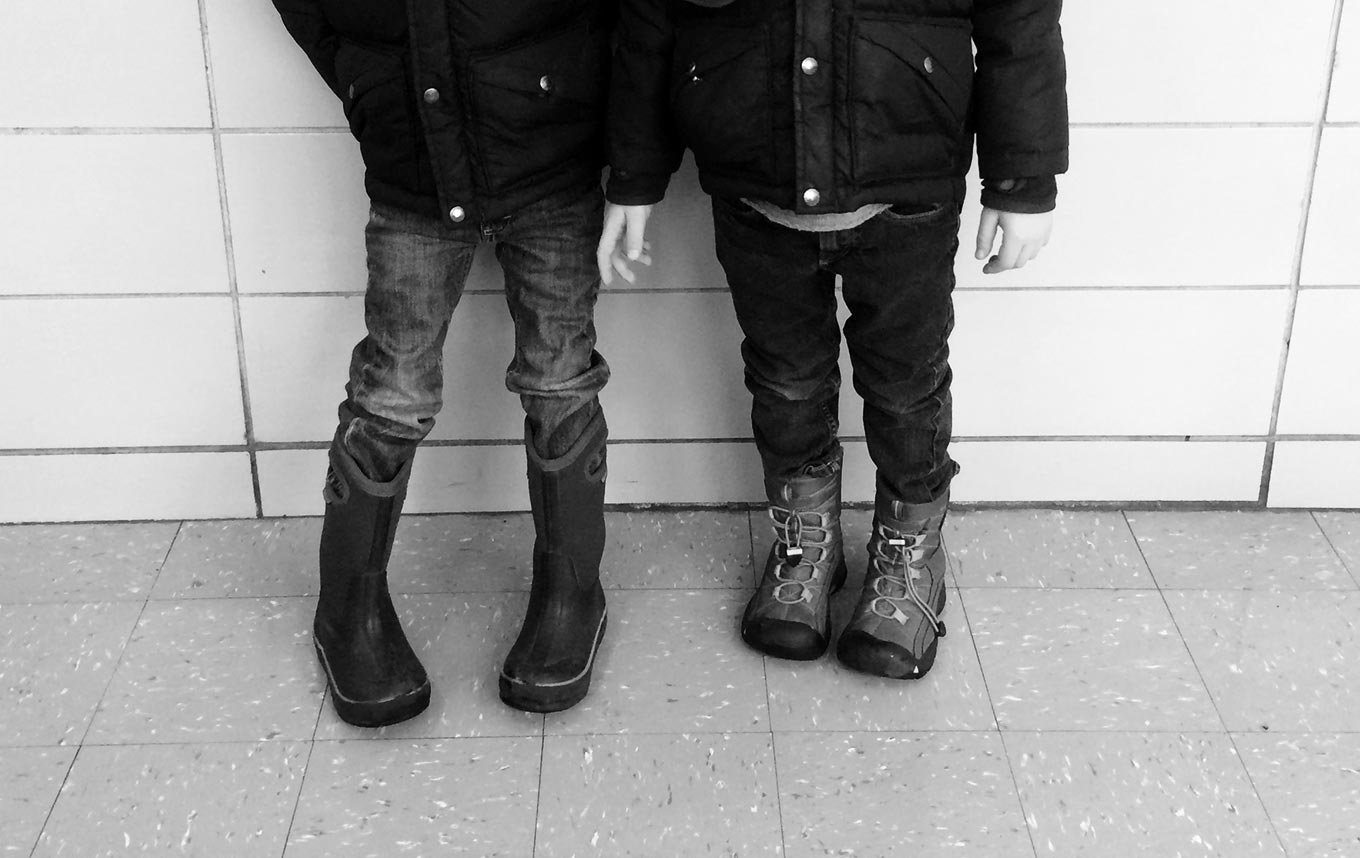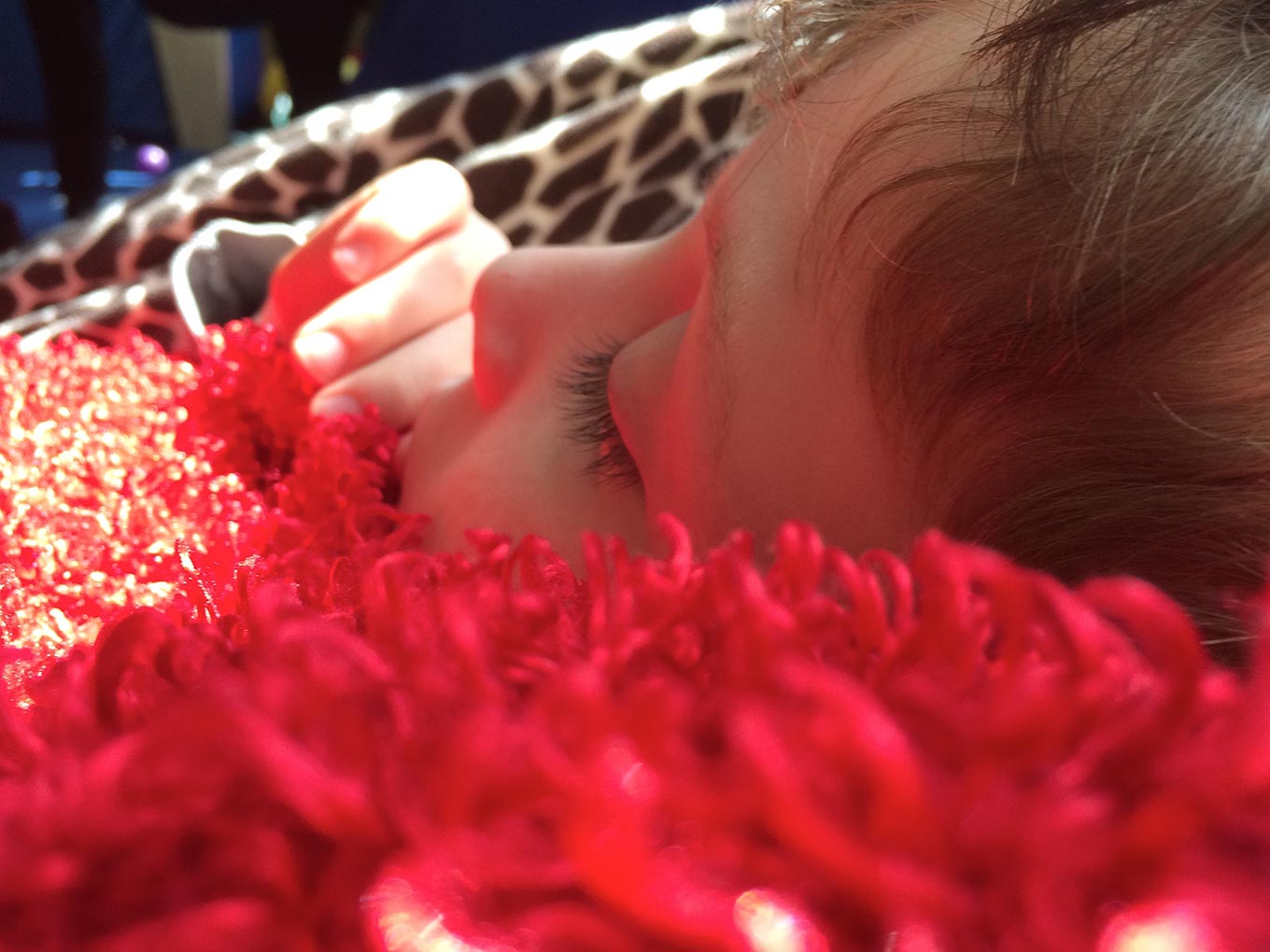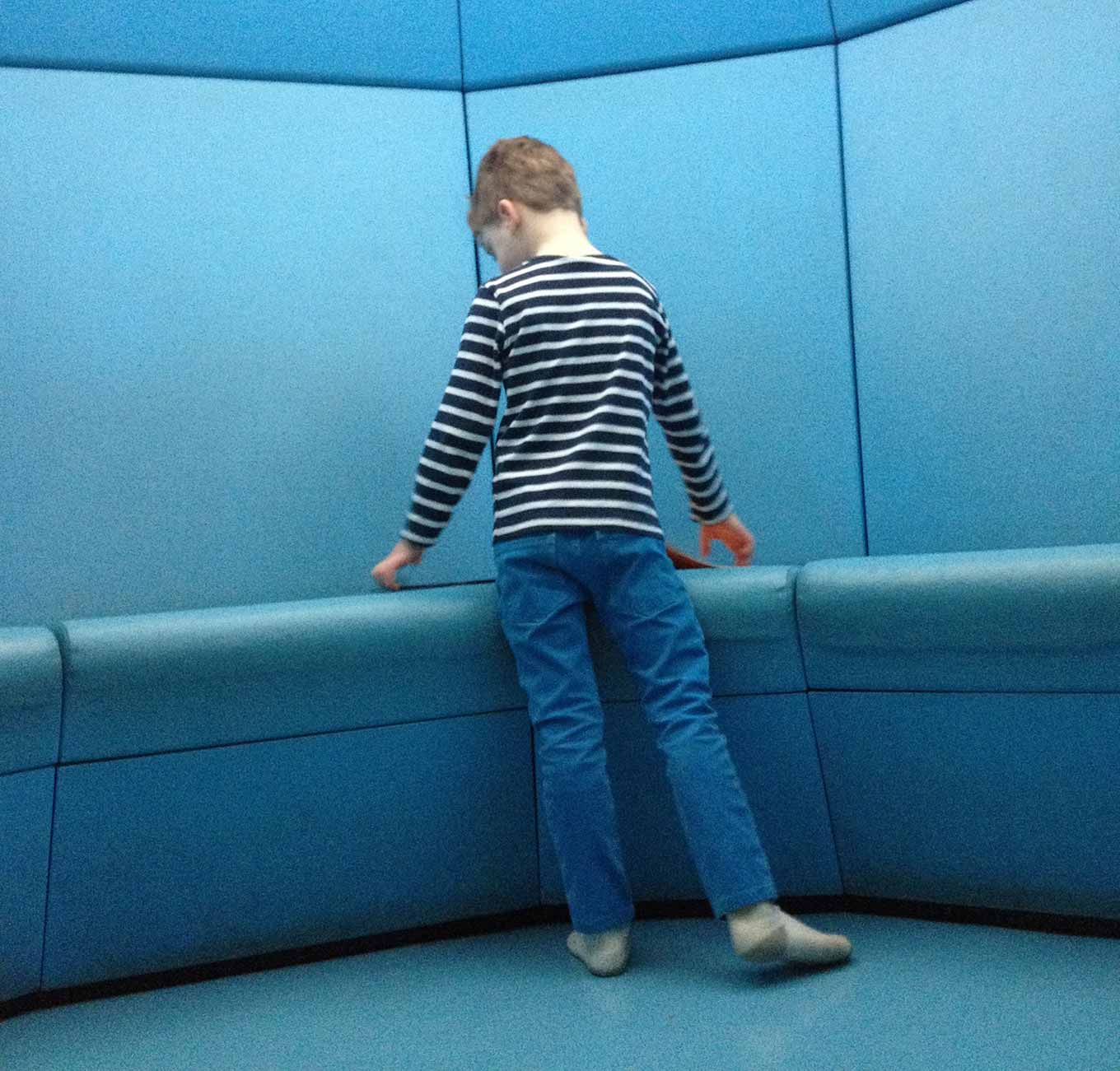I’ve been meaning to write about Jacob Barnett for some time now. Actually, I've really been meaning to write about the way the media tell Jake's story.
If you’re unfamiliar with Jake, he's a child (now teenage) prodigy with Aspergers. In fact, he's the rarest kind of prodigy, one whose IQ is thought to be greater than Einstein's. As if being a genius isn't enough, Jake has already done extraordinary things in his young life, and many think he will ultimately be a Nobel Prize recipient.
Jake is also a favorite topic of the media who like to use his story to remind us, in the most heartwarming and inspirational tones, of the hidden potential in everyone, and in particular people with autism.*
Last month, for example, another story about Jake appeared in my various feeds, and was forwarded to me by well-meaning friends, the implication being, I guess: "See what your son might accomplish if you believe!" The article describes how Jake's mother Kristine Barnett “...totally disregarded what experts said about her son and threw off the label that was slapped on him as a toddler. Instead, she followed her own instincts – with astounding results.”
The article — like so many others — implies that Kristine's belief in her son's potential, her willingness to buck the advice of experts, and her subsequent actions on behalf of Jake, were crucial to unlocking her son’s hidden potential.
This theme — that faith in hidden potential and action based on that faith will overcome any adversity — is common in our culture; it permeates everything from popular movies to daytime TV, self-help books to articles just like the one referenced above.
And each time I encounter a story like this about Jake — or another budding genius with autism — I experience a mix of emotions.
On the one hand, Jake's story gives me hope. It makes me realize that what we're doing — eschewing labels, presuming competence, and generally believing in and encouraging our son in his interests (and obsessions) — will lead to surprising and wondrous results. It already has. Jake’s story, framed this way, also reminds me that autism is just a label, helpful for identifying areas where help is needed, but that the label is not my son, and that C's potential is far greater than his diagnosis might suggest.
On the other hand, Jake's story, framed like this, frustrates me.
It frustrates me because of the insinuation that Jake's remarkable qualities are due primarily to his parents’ faith and support. Don’t get me wrong: I think Jake's parents deserve all the credit in the world for not only believing in their son, but for doing everything possible to encourage his passions and ignite his intellect. At the same time, I'm convinced Jake is truly a remarkable, one-in-a-million boy, and would have been so regardless of his parents.
The frustrating — and, frankly, insulting — corollary of this framing of Jake's story is that parents whose children don't reach the same heights must not have enough faith, or simply aren’t doing enough of the right things to unlock their child’s hidden potential. On this implication, I call BS: two of the most common characteristics among the autism parents I’ve met is their unwavering faith in their child’s potential, and the extraordinary amount of energy (and everything else) they expend trying to help their children be all they can.
This framing of Jake's story also implies that unconditional love and support are the key ingredients for success, and ignores the many costly, time-consuming, exhausting therapies, educational plans (IEPs), and support services autism parents pursue doggedly every single day of their lives.
Further, this narrative implies to the uninitiated (and even some of the initiated) that everyone with autism has a savant locked inside, just waiting to emerge when exposed to the faith, support, and unconditional love of devoted parents. In fact, shouldn't people with autism be allowed to be as average as the rest of us? Why is the bar for success 'genius' and not simply reaching one's full potential, whatever that may be?
None of this is to say that I think any less of Jake or his parents, or what they've accomplished. They are truly remarkable people and are to be applauded for their advocacy. Their story does, in fact, highlight the need to presume competence and engage children with autism on their own terms.
Instead, the bone I'm picking is with the facile nature of Jake's story as reported by the media who casually gloss over the fact that genius — yes, even among those with autism — is as rare as a red diamond. I realize the storyline is tantalizing — unconditional love could lead to a Nobel Prize — but this narrative is far from complete, and carries with it some fairly noxious insinuations.
As the saying goes, “If you’ve met one person with autism, you’ve met one person with autism.” Jake occupies a truly unique point on the spectrum, but it is just that: a point. Not everyone with autism can be Jake, and not everyone with autism should be Jake. If a child with autism doesn’t reach the same heights, it’s not because of a lack of love and support from her parents. It’s because that child is not — and never should be — Jacob Barnett. And that's okay.
---
* The latest version of the DSM (V) retired subcategories of ASD like Aspergers and PDD-NOS, so people like Jake — who were formerly identified as having Aspergers — are now identified clinically as simply having autism. While I generally agree with the motives and rationale for removing subcategories, I also have concerns that the conflation of various types of autism may cause confusion and misunderstanding.
 Our son C has what’s sometimes referred to (non-scientifically) as a "scattered neurology" (high intellect, severe behavior / social deficits), the upshot of which is that it’s incredibly hard to find an appropriate educational setting for him.
Our son C has what’s sometimes referred to (non-scientifically) as a "scattered neurology" (high intellect, severe behavior / social deficits), the upshot of which is that it’s incredibly hard to find an appropriate educational setting for him.
 I read and answer questions in various autism-related communities. Recently, someone in one of those communities asked me to respond to this question:
I read and answer questions in various autism-related communities. Recently, someone in one of those communities asked me to respond to this question: Beautiful weather outside at last, and so sensory gym was quiet today. In fact, for most of the time we were there, C and I were the only guests.
Beautiful weather outside at last, and so sensory gym was quiet today. In fact, for most of the time we were there, C and I were the only guests.  Today is
Today is